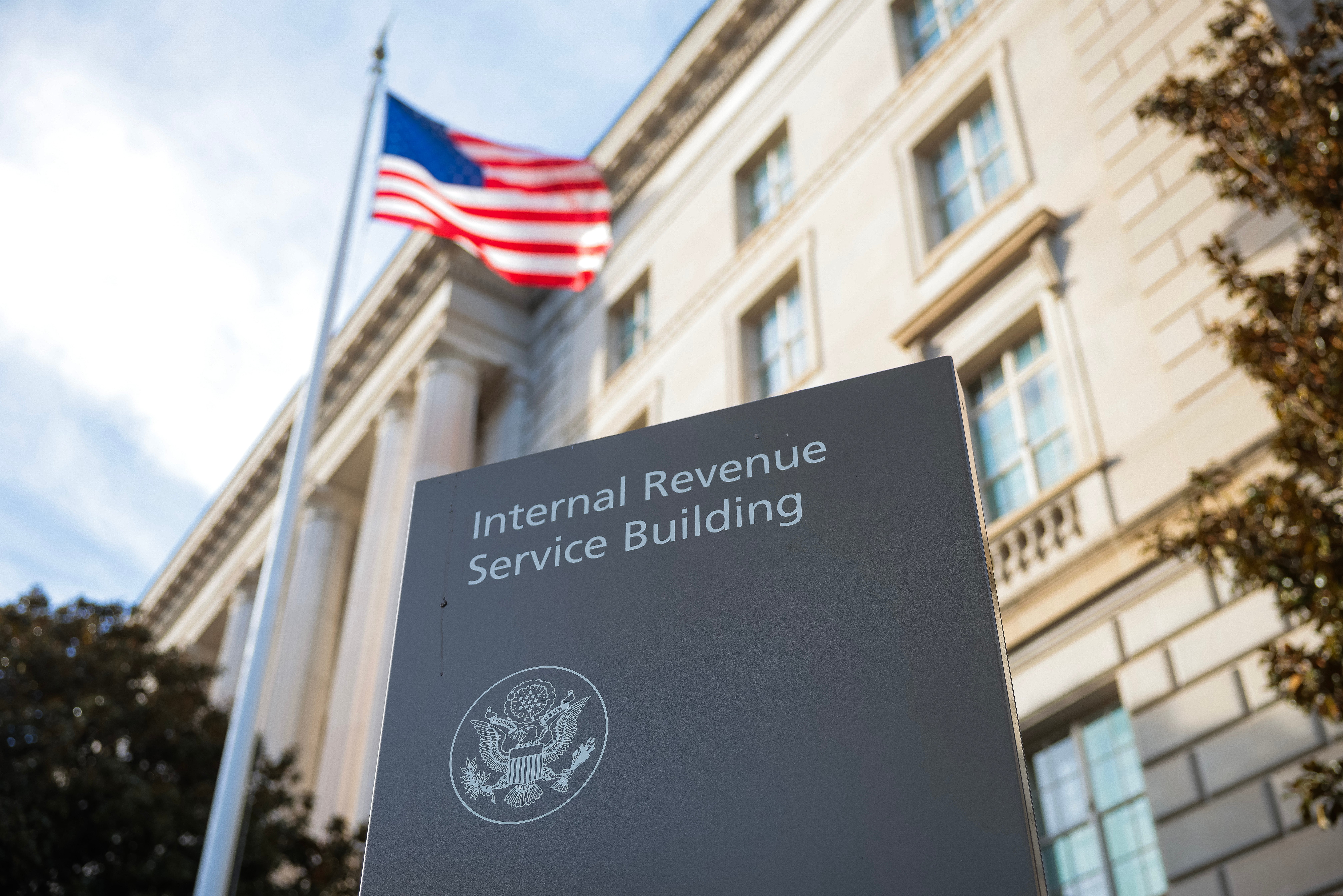ARTICLE AD BOX
IRS staff have been told they must complete 16 hours of weekend overtime this month to help the agency process tax returns that have been flagged as containing possible errors.
IRS Input Correction Operation employees working at the service’s submission processing center in Kansas City, Missouri, received a memo from Operation Manager Latifah Hisham on Friday informing them that they must serve the mandatory overtime on the weekends of both Saturday, May 10, and Saturday, May 17, to help clear the backlog.
“Remember, if we do not make a sizable dent in the [Error Resolution System] ERS rejects… there is the possibility of additional required overtime,” she added, saying that optional weekday overtime would also be available but would not be counted as part of the required 16 hours.
Common filing errors spotted by the ERS must be manually reviewed and addressed by staff, a practice that may necessitate mailing notifications to the people concerned before the matter can be resolved.

The development comes after President Donald Trump assigned Elon Musk’s Department of Government Efficiency (DOGE) to root out excess federal spending and waste. This prompted the IRS to fire some 6,700 probationary staff ahead of tax season and reportedly plan to remove a further 50 percent of its 90,000-strong workforce through both voluntary separation incentives and involuntary layoffs.
The Kansas City office is one of just three sites across the United States where the IRS still processes paper tax returns. The others are centres in Austin, Texas, and Ogden, Utah, although all three also oversee online submissions.
“Over time, there’s been a lot of overtime worked, especially when offices were closed during the pandemic and there were millions of pieces of correspondence to be handled,” former IRS commissioner John Koskinen told Federal News Network.
“Requiring people to work 16 hours on the weekend, no matter what their other obligations are, is certainly not going to help morale at a time when the agency is already under great pressure and losing thousands of employees.”
Kelly Reyes, executive director of the Professional Managers Association, told the same source that such an order was rare within the IRS and suggested that it might indicate that the agency was seeking to get ahead of the problem before it loses so many of its employees.
“I would be thinking, ‘I’m getting ready to lose some folks. What do my inventory levels look like, and how can I make sure that I continue to serve the taxpayer through this process?’ So that’s a possibility,” she said.
An unnamed employee at the Kansas City center told Federal News that they were “stunned” by how many people had already left the workplace.

“Everything is a mess,” they said. “People are sick all the time. A lot of people are despondent. It’s eerily quiet. So many people are gone.”
Problems at the IRS have been foretold ever since the Trump administration entered office and unleashed DOGE upon the federal bureaucracy.
In March, it was reported that the service was bracing for a $500bn revenue drop because individuals were “wagering that auditors will not examine their accounts” due to the much-publicized turmoil.
Last month, acting chief Melanie Krause resigned in protest after she learned from a bulletin on Fox News that the U.S. Treasury had agreed to a deal to share undocumented immigrants’ taxpayer data from the IRS’s records with the Department of Homeland Security as part of the administration’s mass deportation push.
Krause had only been in the role a month after succeeding Doug O’Donnell, who had resigned in opposition to DOGE’s activities.
Then, as tax season reached crunch time, it was reported that members of the public were struggling to get through on the phone to raise queries about their returns.
Staff “basically tell us they don’t have time to look at certain cases,” said Eric Santos, executive director of the Georgia Tax Clinic.
“The work is getting spread across fewer and fewer people.”









 English (US) ·
English (US) ·